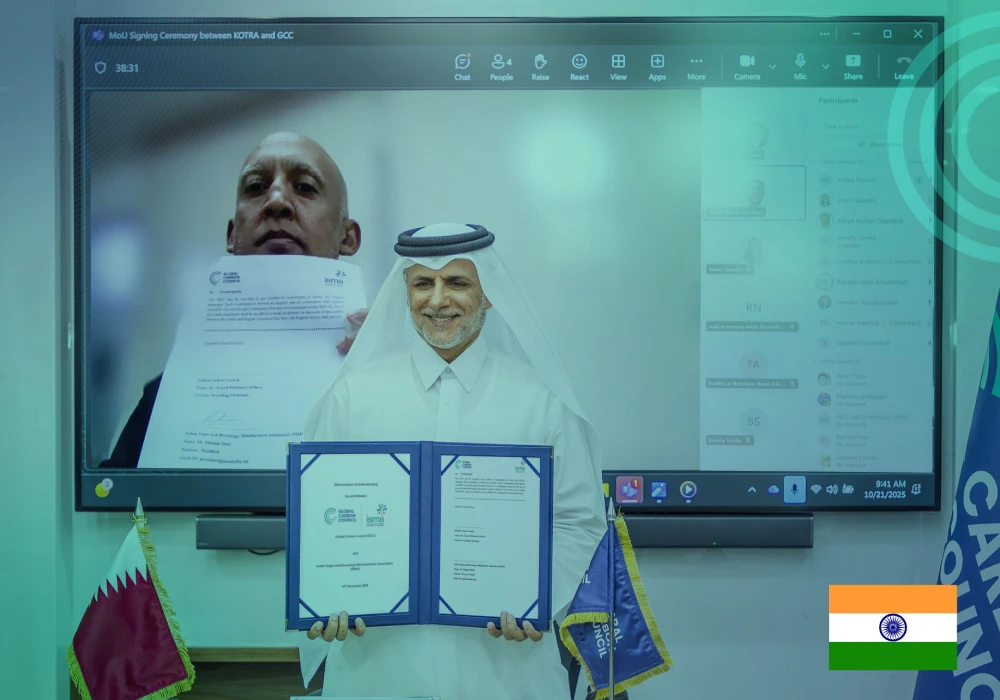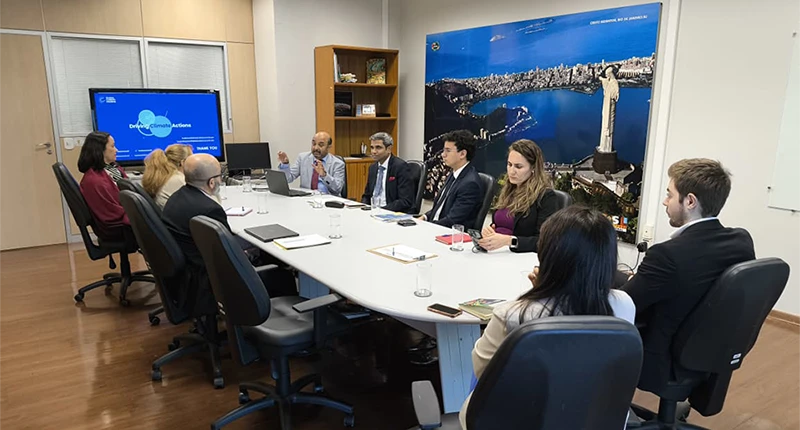
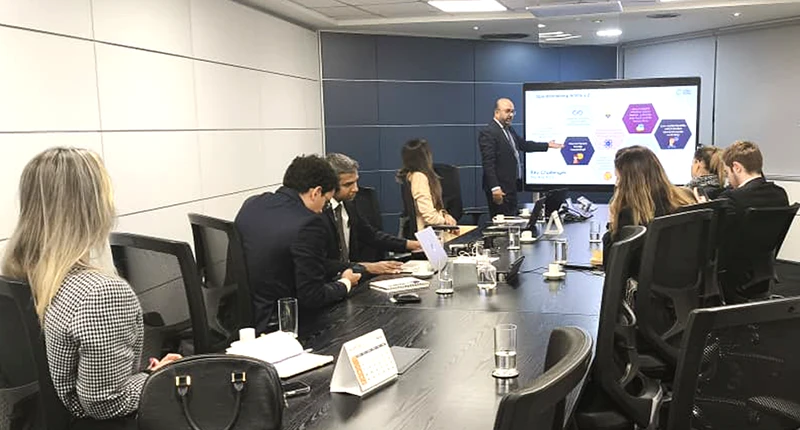
The Global Carbon Council (GCC), led by Kishor Rajhansa, COO, and Joseph Prakash, Director – Operations, conducted a high-level visit to Brazil to strengthen engagement with government entities, financial institutions, and project developers. Over four days, the GCC team held nearly 20 meetings across São Paulo and Brasília, positioning GCC as a credible partner in both voluntary and compliance carbon markets and exploring opportunities under Article 6.2 of the Paris Agreement.
Engaging a Broad Spectrum of Stakeholders
GCC met with a wide range of stakeholders in Brazil, including key government ministries and departments, industry associations, financial institutions, and leading project developers and owners. These included APEX Brazil, Ministry of Development, Industry, Trade and Services (MDIC), National Confederation of Industries (CNI), Ministry of Environment (MMA), Ministry of Foreign Affairs (MOFA), Ministry of Finance (MOF), Federation of Industries of São Paulo (FIESP), Brazilian Development Bank (BNDES), Banco do Brasil, Caixa Econômica Federal, Itaú Bank, as well as private sector leaders such as Future Climate Group, Casa dos Ventos (TOTAL Energy Brazil), Comerc, Serviço Florestal – MMA, B3 S.A., Serena Energia SA, Nebras Power, GSS, Auren Energia, and Acelen.
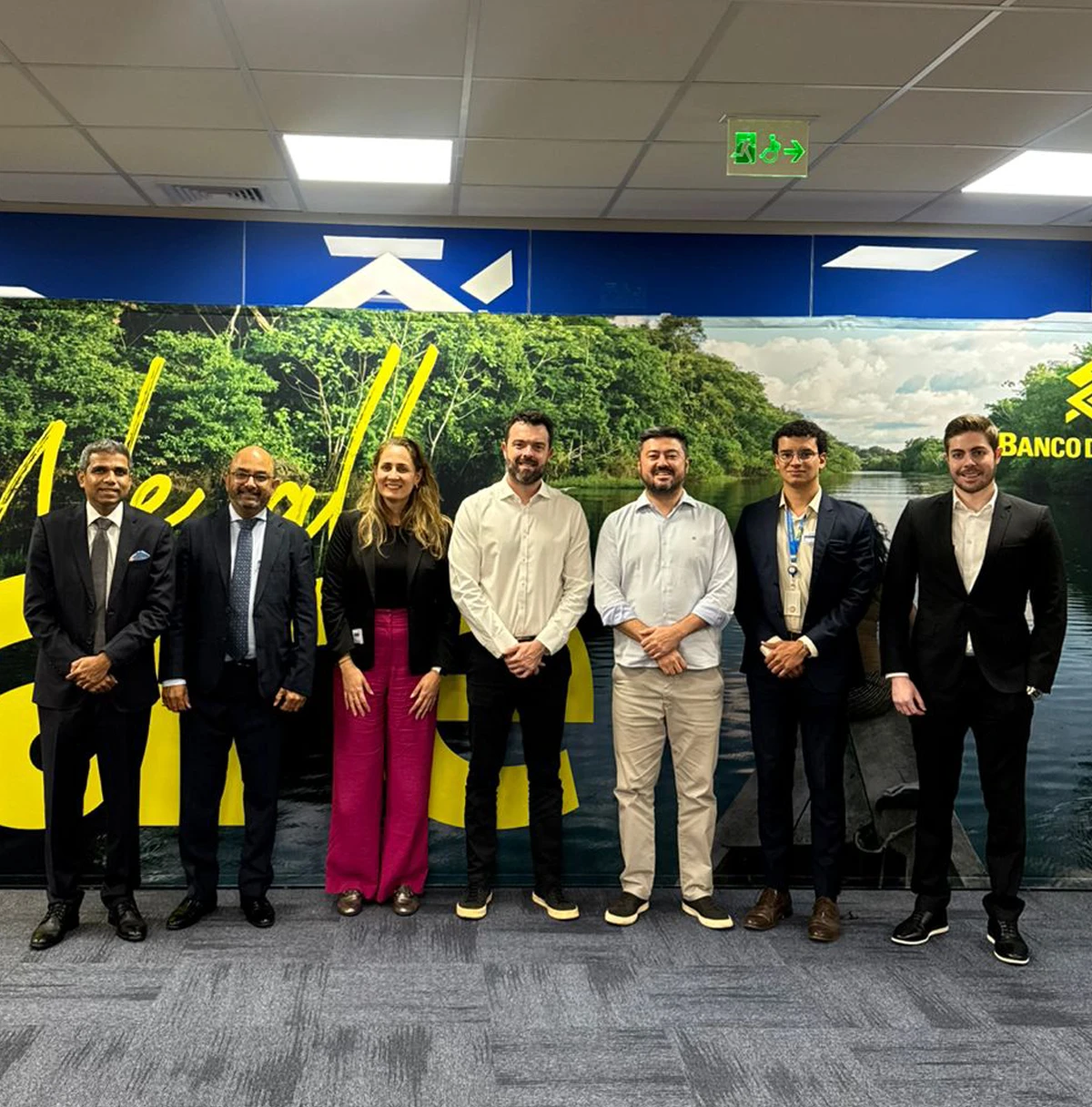
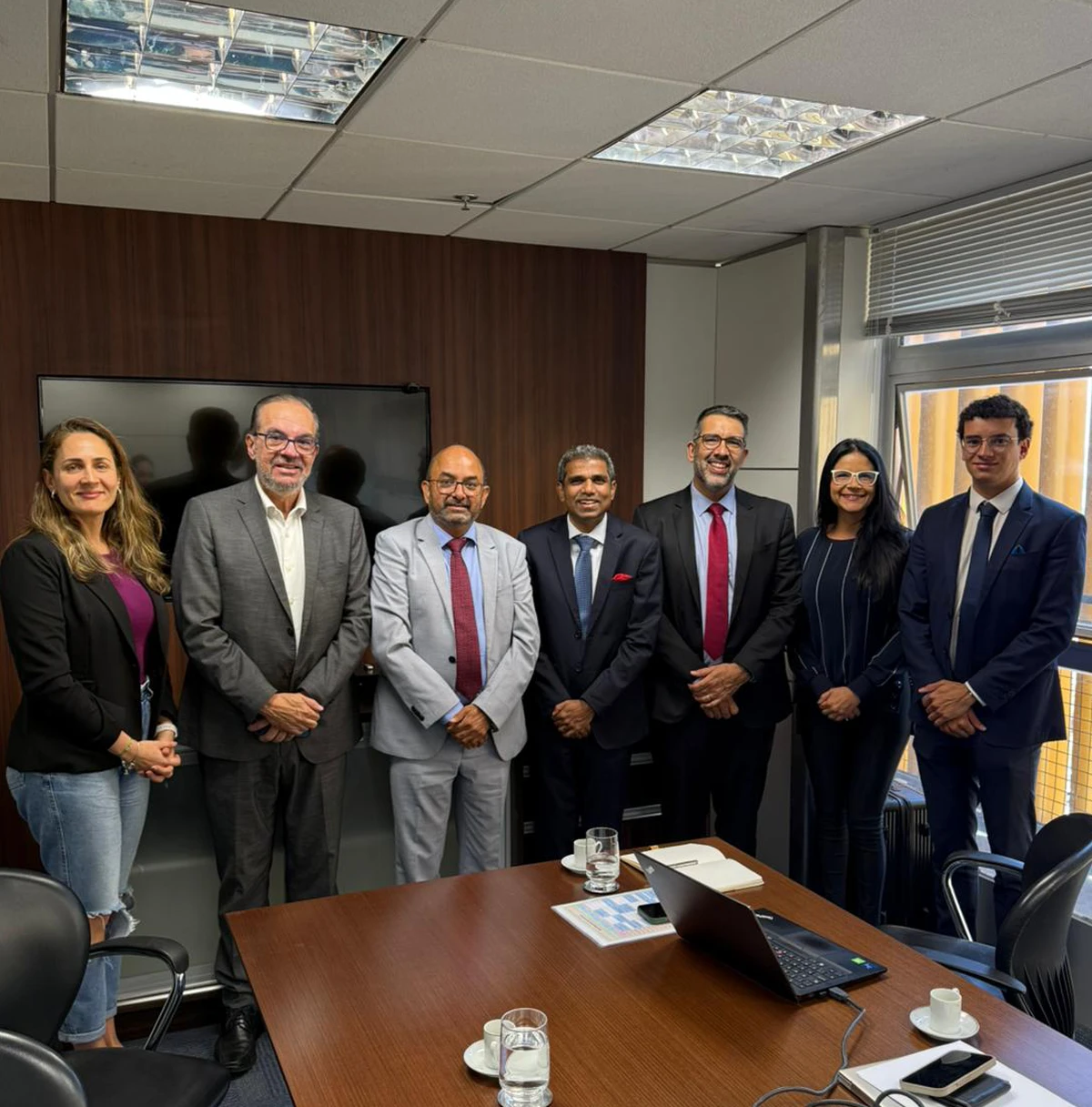
Discussions with stakeholders focused on the following themes:
- Advancing Brazil’s readiness for Article 6.2 implementation, including opportunities, barriers, and the role of GCC’s Article 6.2 registry.
- Exploring domestic carbon market schemes, policy frameworks, and strategic cooperation with industry associations to support knowledge exchange and capacity building.
- Showcasing GCC’s global recognition and new initiatives, including GCC 2.0, Nature-based Solutions, carbon finance facilities, and opportunities under CORSIA compliance.
- Identifying opportunities for new project submissions, with strong interest in energy efficiency, hard-to-abate sectors, and other innovative project types.
- Strengthening private sector engagement through collaboration with project developers, corporates, and associations, alongside networking with project owners to advance capacity building, Article 6.2 readiness, Net Zero, and carbon neutrality initiatives.
- Enabling access to climate finance, with financial institutions expressing interest in carbon markets, high-integrity credit issuance, and tailored capacity-building programs.
- Supporting Brazil’s ambitions to scale carbon markets, drive decarbonization investment, enable cross-border carbon credit trading (including Brazil–Qatar opportunities), and facilitate broader participation across sectors.
Strategic Collaborations and Infrastructure
The team discussed the architecture of Article 6.2 implementation, exploring GCC’s carbon market infrastructure to operationalize these solutions. Exchanges expressed strong interest in participating in GCC’s carbon credit market, while project owners indicated eagerness to see the compliance market start in Brasil as soon as possible. Ministries and financial institutions also explored GCC’s Article 6.2 registry solution and potential collaboration for carbon market development.
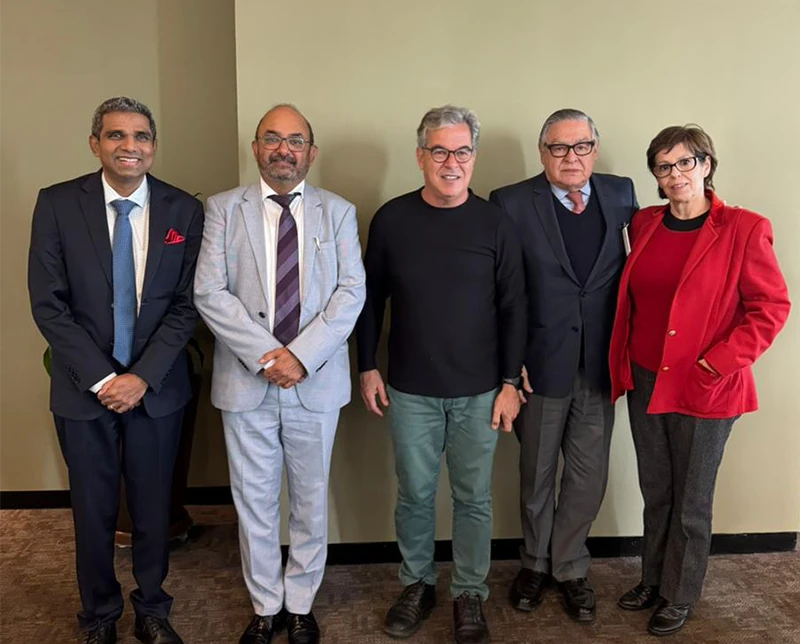
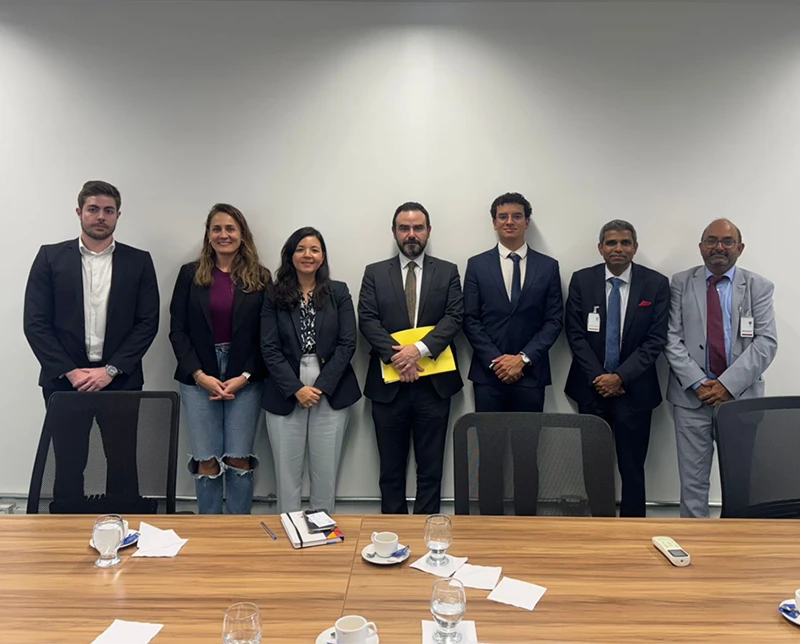
Key Outcomes & Forward Path
The engagements in Brazil concluded on a highly constructive note, with project owners, financial institutions, and key ministries showing strong interest in GCC’s program, its global recognition, and future initiatives. Discussions opened pathways for potential new project submissions across diverse sectors and innovative technologies, collaboration on carbon market cooperation, and opportunities for joint activities at upcoming international climate platforms like COP 30. The sessions also highlighted the importance of capacity-building initiatives to strengthen stakeholders’ understanding and readiness for high-integrity carbon markets.
This visit underscores GCC’s commitment to fostering credible, high-integrity carbon markets, while supporting Brazil’s sustainability and climate goals. With COP30 approaching, GCC looks forward to partnering with stakeholders on joint initiatives and events to accelerate climate action across the region.




